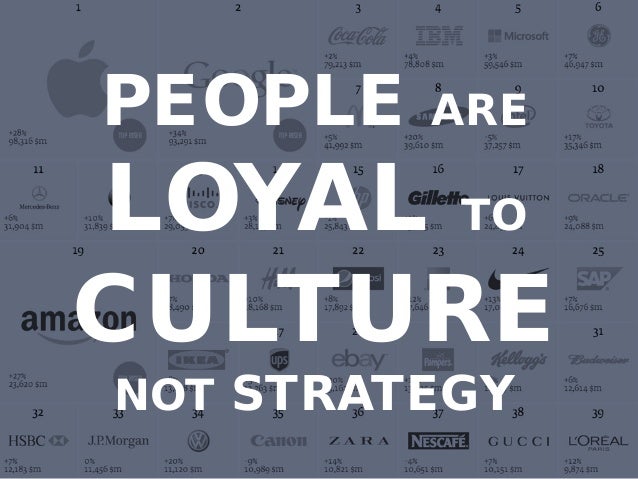
I am sitting at the airport on my way home to Melbourne. I am
exhausted, my body hurts, my brain is fogged, I have had only three hours sleep
but all of this fades because my heart is full of joy, pride, love and connections
that will last a lifetime.
I have just spent a week on the Gold Coast at our national
conference. We broke many records - highest attendance at conference, highest
attendance at awards, most award wins ever for Victoria, first wins for many of
our offices and agents but what stands out the most has been the leadership,
the camaraderie, the celebrations, of a tribe that is connected through values
we all aspire to live by and the culture we belong to.
Culture is how we do things here and at Harcourts we do things
with our hearts and our heads.
Now you may say I have been drinking the Harcourts cordial and
maybe I have. However, having worked in many different brands I know that the
culture of an organisation is what keeps people there. People are loyal to
culture not to strategy
A strategy is what we put on a piece of paper and although
important the reality is anyone can come up with a strategy. It is much harder
to create a winning culture. Often if your strategy is poor yet your culture strong
you will still gain success.
If your culture is a strong one and people are loyal to it, then
you build resilience as a business and when you hit turbulent times, it is
these loyal people who get you through.
A great culture creates a competitive advantage, it attracts
people to your business, it attracts customers and it becomes part of your
brand. Virgin is a great example of this where the culture that Branson has
created has become part of the brand and client experience.
I recently attended a lunch where Blake Mycoskie, the founder of
Toms Shoes was speaking. For every pair of Toms shoes that is sold, a pair is
given to an improvised child. The concept is called one for one – imagine
writing a strategy around this.
Toms inspired people to get behind the brand and concept and give
back in a unique way, they were able to involve not just their own people but
their clients as well.
Harcourts Walk a Mile has become part of our culture. We are able
to involve not just our own people but the greater community to walk with us
and make a stand against violence towards women.
One of things I have learnt in business is that strategy can be
copied, however you cannot copy or duplicate culture. Every organisation has a
culture, however for many the culture has just grown or happened, there has
been no thought given to it, there is no plan in place, leaders have not asked
the question what type of place do we need to create so people want to belong
to it. In my team, we bleed blue, and we are proud of it. However, that in turn
bleeds into our network, the culture we have created is viral.
Don’t you want to belong to a tribe that makes you feel the way I
do, that challenges you to be the best version of yourself, that celebrates
your success, that supports you in times of need, that knows the gaps in your
business and plans with you to reduce them and leaders who fiercely protect you
and have your back every step of the way.
If your tribe isn’t making you feel the way I do after a week of conference
and three hours sleep maybe it’s time you considered changing your tribe to one
that will.
There is one sure rule in business and that is that culture will
always eat strategy for breakfast. If your environment and relationships are
toxic it will impact the performance of your business.
So as I boarded my flight homeward bound, looking forward to my
head hitting the pillow I knew that I am privileged to lead a brand where the
vibe is bold, visionary, exciting, inspiring and connected. We know who we are,
what we stand for and where we are heading. The future is truly exciting






